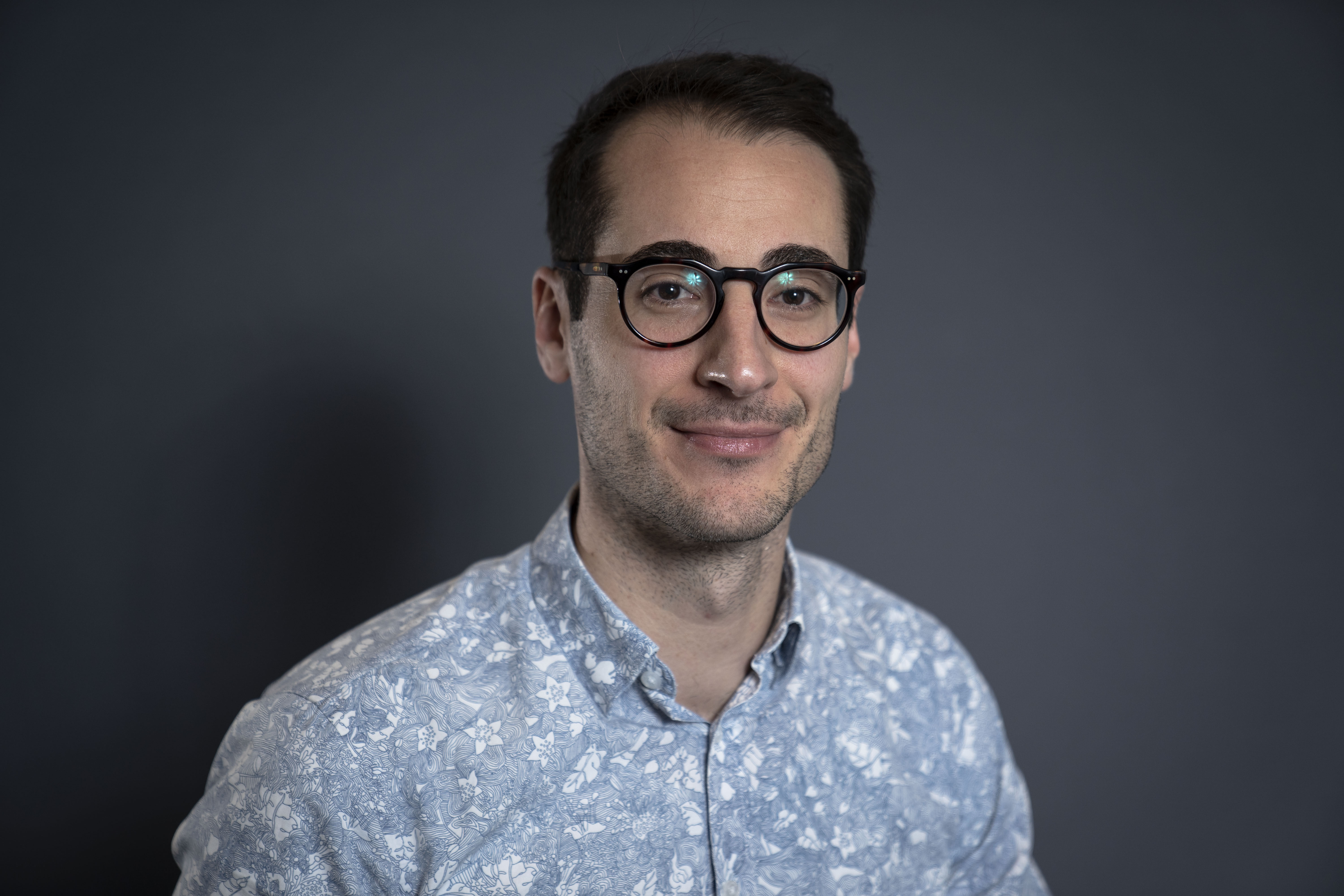Jan Jakub Żylicz
Research leader

Project title
Unravelling chromatin and metabolic regulation of the first lineage choice in development
What is your project about?
This project will address one of the most fundamental questions in biology. That is: how do cells make decisions? Indeed, each cell of our body contains the same set of genetic information and yet cells differ between each other. Some form our muscles, others the skin and so on. In order to form each of these tissues, during pregnancy, cells of the foetus decide what they want to become. This decision is made by turning a specific set of genes off and on. However, genes, the functional parts of DNA, do not work in isolation. They are part of a complex structure called chromatin. Chromatin can be very compact and dense, preventing genes from being turned on. Alternatively, it can be very open and decondensed allowing genes to be turned on. In this project, we will reveal how this process of chromatin opening and closing is regulated by metabolism. Metabolism consists of all the chemical reactions the cell uses to consume or produce energy. Metabolism also provides chemicals vital for regulation of chromatin. We want to understand how this impacts decision making. To achieve this ambitious task we will focus on the first decision a cell ever makes during development. It happens shortly after fertilisation, when each cell will decide between becoming the embryo or the placenta. Placenta supports the development and allows for successful implantation into the uterus. Since nearly 50% of in vitro fertilization procedures fail due to problems with implantation, it is important to understand how the placenta is formed.
How did you become interested in your particular field of research?
During my whole career, I have been working on chromatin and how it regulates development. I love working on this subject, because what we study is in fact memory. That is, how do cells remember their past and what they are. This type of memory is written in the chromatin. In this project, I want to go beyond my comfort zone and ask a bigger question. How the metabolism impacts on such memory and identity of the cell. I became fascinated by this question, while reading scientific literature of some amazing scientists, including my mentors. I am also at awe of how beautiful development is. How can we build such intricate and complex organisms like me or you starting off from a single fertilized egg? I think it’s a privilege to be working on such extraordinary questions.
What are the scientific challenges and perspectives in your project?
We are now working on the cutting-edge of science. This is where research is most exciting but also most challenging. I feel that the greatest challenge is how to push the technologies to study metabolism to be able to learn more about tiny embryos. However, I am confident that through interdisciplinary collaborations we will be able to solve this problem. This project will allow in the future to study how we can improve human IVF treatments, especially by supporting proper placenta formation.
What is your estimate of the impact, which your project may have to society in the long term?
This project should have important impact on the society in the long term and on women’s reproductive health in particular. Understanding how we can improve IVF treatments will allow not only for more women to become pregnant through IVF but also to reduce the number of procedures women go through. Indeed, these can be rather invasive and it would be great to make procedures more efficient.
Which impact do you expect the Sapere Aude programme will have on your career as a researcher?
For me this is a stepping stone in my career. I only just started my team in DanStem and the Sapere Aude programme will help me embark on this new and ambitious project. I am hoping that this will impact not only my career but most importantly that of my team. Through Sapere Aude we will be able to support young, talented scientists both in their research and in their careers.
Background and personal life
I am originally from Gdańsk in Poland. I moved quite a lot over the years, I lived in the USA, Singapore, Holland, England, France and Germany. In May 2020, I moved to Denmark and settled in Frederiksberg together with my French husband.
View all research leaders here
Research institution
University of Copenhagen, Faculty of Health and Medical Sciences, Novo Nordisk Foundation Center for Stem Cell Biology (DanStem)
Research field
Stem Cell Biology
City of your current residence
Frederiksberg
High school
III LO Gdynia, Poland
